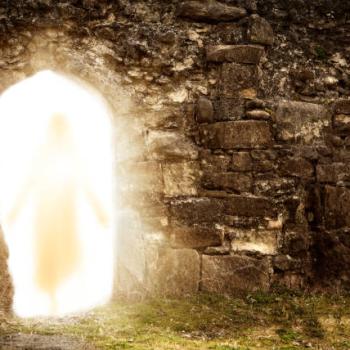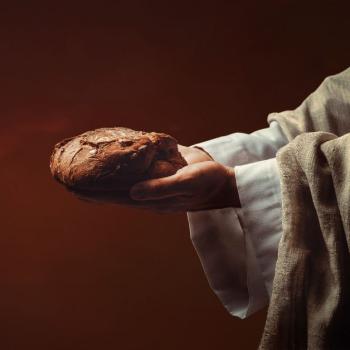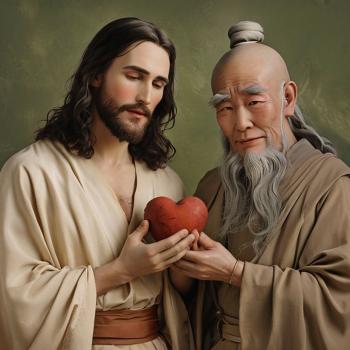Rachel Barenblat (the Velveteen Rabbi - http://velveteenrabbi.com/) writes about embodied trust:
"Rabbi Shalom Noah Barzovsky. . . teaches that there are three kinds of emunah (elemental trust): trusting mind, trusting heart, and trusting body. And the highest of these is emunat ha-evarim, trusting with one's limbs, where deep trust penetrates every fibre of one's being. The classic example he offers is the crossing of the Sea of Reeds. In that moment of leaping, he writes, the children of Israel trusted fully in the One, and therefore the holy spirit rested upon them and sang in them and song burst forth not only from their lips but in their very limbs."
Emunat ha-evarim -- trusting with one's limbs -- what an amazing image. Trusting with our limbs means resisting the messages we are sold daily about ways to fix our fragility. It means welcoming in joy and suffering into our experience. It means learning to stop resisting our exquisite tenderness.
We can deny the profound vulnerability of bodies, but then we miss the chance to become body-words of love at life's most vulnerable moments. Many times I helped my mother with simple tasks in the years before she died. The act of slipping socks over her feet became my song of love to her. A friend's baby is sick with fever and vomiting and she cares for her and tends to her needs. The soothing hands of a mother stroking damp skin becomes a balm for the body's tenderness. All across this world right now are people pressing themselves to those who have been wounded, trusting that being a body-word of love is an act of healing, if not cure.
 In the midst of so much exquisite fragility and tenderness, I am reminded too of the delight my body brings. In the pleasure of a long hot bath, the wondrous touch of my beloved, a nourishing meal, the feel of rain or sunlight on skin, the warmth of my dog pressed up against me. The marvelous wonder of bodies makes me dizzy with delight.
In the midst of so much exquisite fragility and tenderness, I am reminded too of the delight my body brings. In the pleasure of a long hot bath, the wondrous touch of my beloved, a nourishing meal, the feel of rain or sunlight on skin, the warmth of my dog pressed up against me. The marvelous wonder of bodies makes me dizzy with delight.
In this act of honoring bodies, we also honor the Greater Body. If we took bodies absolutely seriously, these very delicate containers of flesh and fluid, wouldn't we also begin to love the wider body more deeply of which we are a part - the communion of all people and creation? Tending to those tender places of our own embodied life means we can extend more compassion to all those, whose bodies are suffering through hunger, illness, environmental devastation. The One Great Body which pulses and breathes with the presence of the Creator. Teilhard de Chardin called it the "breathing together of all things."
Perhaps learning to live in our bodies -- to truly embrace both the profound dignity and pleasure, as well as the exquisite tenderness and often excruciating vulnerablity - is the most important work we can do, the deepest spiritual practice we can take on. To make sure the needs of bodies are cared for: that all bodies are well-nourished and touched in loving ways, given shelter and medicine they need, and not blown to bits with guns and bombs and other violence or neglect.
In Christian tradition, we believe that God entered the world in the most fragile way possible - as a tiny newborn infant to homeless parents among the animals of a stable. Through Jesus' life and ministry we see him repeatedly tending to the needs of the physical body, offering food and healing, receiving anointing with oil. He enters deeply into the vulnerability of the body in death, his body broken, torn apart. And even in resurrected life, his body still carries the wounds of his earthly existence.
Christine Valters Paintner, PhD is a Benedictine Oblate and the founder and director of Abbey of the Arts, a non-profit ministry integrating contemplative practice with the expressive arts. She teaches at Seattle University's School of Theology and Ministry and also works as a spiritual director, retreat facilitator, writer, and artist. She is the co-author of Lectio Divina: Contemplative Awakening and Awareness from Paulist Press. Visit her website www.AbbeyoftheArts.com.





